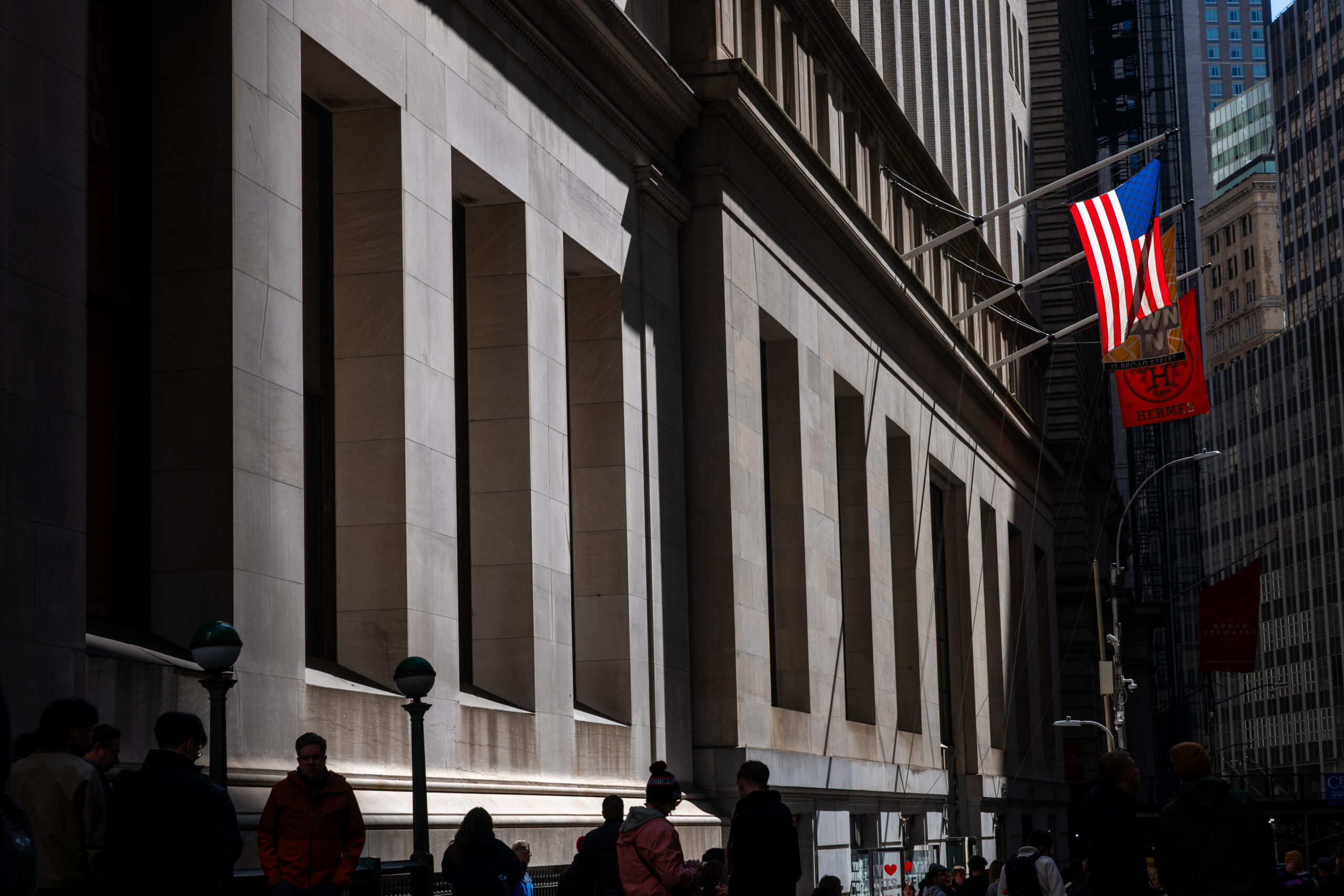
Content oversight provided by Studio 1847
Last Tuesday, while scrolling through LinkedIn during a brief coffee break, a marketing executive noticed something interesting. Three different posts from companies she had never heard of appeared in her feed, each prominently displaying blockchain-verified business awards. Within seconds, she was interested. These were not just random businesses. They were recognized leaders in their fields. That split-second judgment, powered by third-party validation, is the new battleground where modern commerce lives or dies.
The situation is a perfect example of micro moments, those critical instances when consumers reflexively turn to their devices to act on a need. Today’s buyers make purchasing decisions in milliseconds, often before they consciously realize they are evaluating options. Companies that get these micro moments capture attention and convert browsers into buyers at the moment intent crystallizes.
Global Recognition Awards, which processes thousands of nominations annually while maintaining a rigorous rejection rate, reports that its winners experience an average 40% increase in qualified leads within months of the award announcement. This is not a coincidence. It is instant credibility deployed at the corporate level.
Millisecond credibility
Traditional marketing seems to follow outdated timelines. Companies spend months crafting campaigns, weeks negotiating media placements and years building brand recognition. Meanwhile, consumers make decisions in under three seconds. This temporal mismatch creates an opportunity for businesses that can deliver credibility instantly.
Consider the Global Recognition Awards program, which delivers blockchain-verified recognition in 14 days, compared to industry standard timelines of three to six months. Their clients around the world report measurable results because speed matters more than perfection when capturing micro moments. “The ability to showcase credible recognition immediately gives our winners a decisive advantage during those critical ‘I want to know’ moments,” explains Global Recognition Awards CEO Jethro Sparks.
The technology behind this speed change matters. Blockchain verification creates tamper-proof credentials that consumers can trust instantly. Unlike traditional awards that rely on reputation built over decades, blockchain-verified recognition provides immediate, verifiable credibility. This technological leap addresses a core problem about how to build trust with strangers in seconds.
When someone searches for a service provider, contractor, or consultant, they are operating in high-stakes micro moments. The wrong choice costs money, time and reputation. Blockchain-verified awards provide the instant reassurance needed to convert hesitation into action.
Cross-border recognition
The move toward micro moment marketing reveals the changes in global commerce. Traditional gatekeepers such as established media, industry associations and geographic proximity matter less when consumers can research and purchase from anywhere instantly. This democratization creates both opportunity and chaos.
Companies operating across multiple markets face unique difficulties. What builds credibility in Singapore may not be beneficial in Stockholm. However, merit-based recognition that transparently evaluates achievement creates universal credibility. Global Recognition Awards’ expansion across various industry categories shows this principle in action. Authentic achievement transcends cultural boundaries.
Contrast this with traditional PR, where campaigns cost $50,000 to $200,000 and have uncertain outcomes. Merit-based recognition delivers measurable results at 60% to 80% less cost because it works with, rather than against, how modern consumers actually behave. They do not want to be sold to. They want to make informed decisions quickly.
This creates a paradox for businesses. The more choices consumers have, the more they rely on shortcuts to make decisions. Awards and recognition help as cognitive shortcuts, but only if they are credible. The proliferation of pay-to-win award programs has created skepticism, making genuine merit-based recognition more valuable than ever. Many famous awards rely solely on brand recognition, but Global Recognition Awards’ blockchain-verified programs offer transparent evaluation criteria that consumers can verify independently.
The global nature of this trend becomes clear when examining cross-border commerce. A small business in Manchester can now compete with established players in Manhattan, but only if it can establish credibility instantly. Blockchain-verified recognition provides that credibility in a format that translates across languages, cultures and regulatory environments.
The implications extend beyond individual transactions. Countries and regions that embrace transparent, merit-based recognition systems may gain competitive advantages in attracting international business. The 4% acceptance rate from all nominations to the Global Recognition Awards creates scarcity that enhances value, a principle that works regardless of location.
What makes this phenomenon particularly compelling is its self-reinforcing nature. Companies that win credible recognition attract better customers, which improves their performance and makes them more likely to win future recognition. This creates a virtuous cycle that separates genuine achievers from those simply buying credibility. Whether earning recognition for excellence in operations, receiving talent management awards or achieving industry leadership status, the validation effect remains consistent across all categories.
The challenge for businesses becomes clear. How do you compete when consumers make decisions in seconds based on criteria they may not even consciously recognize? Sometimes, the answer is not better marketing but better performance, validated by credible third parties.
The micro moments change forces an uncomfortable question. If consumers can evaluate and choose providers in seconds, what happens to businesses that cannot show credibility instantly? The answer may determine which companies thrive in an economy where trust operates at the speed of thought, and recognition becomes the currency of competitive advantage.
Originally Published:
<




